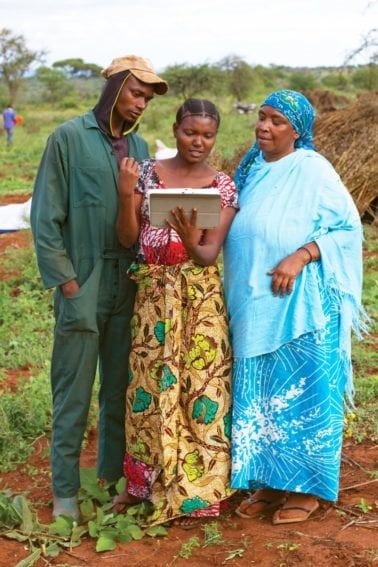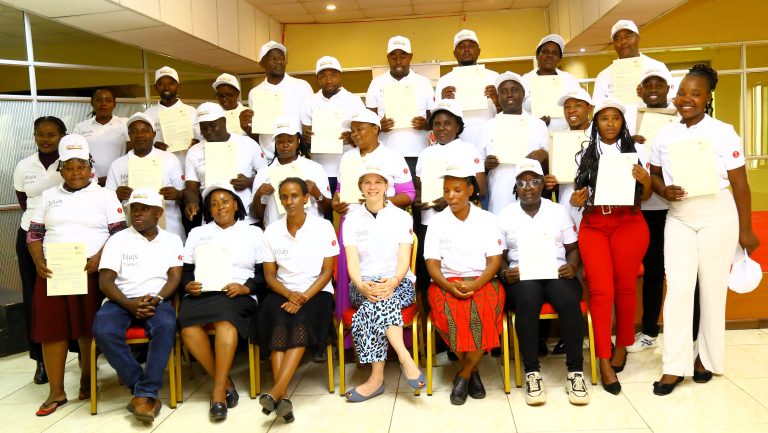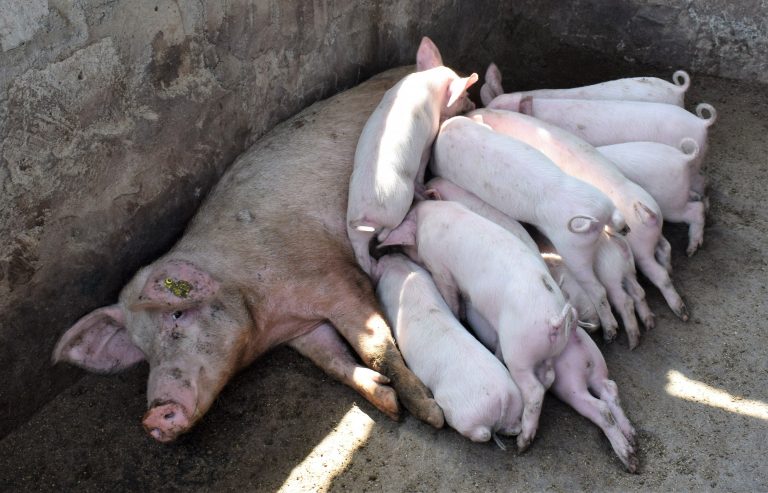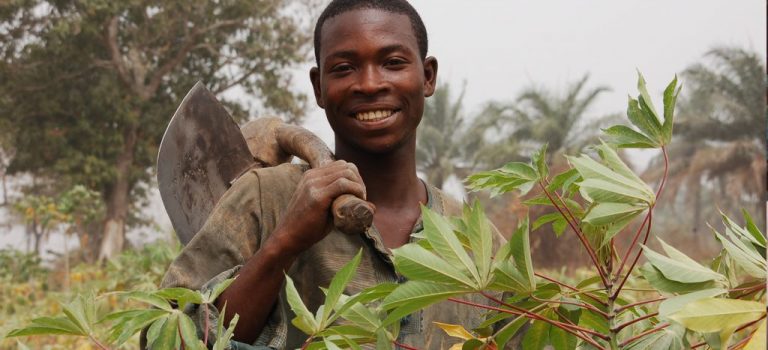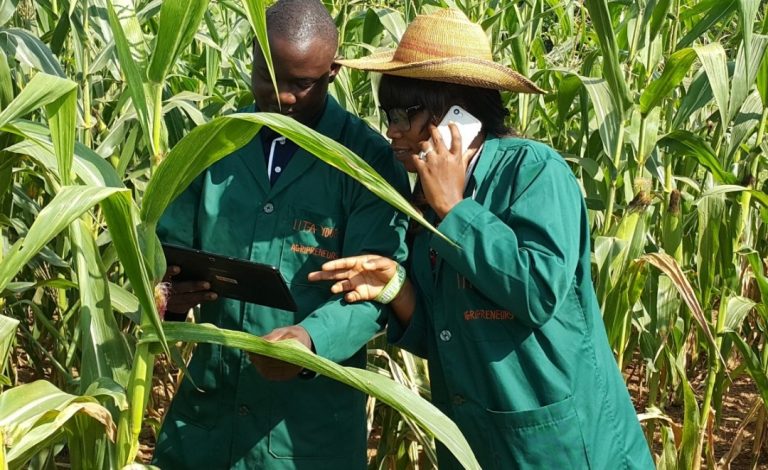With the increasing unemployment rate among the youth in Nigeria, development stakeholders believe that agriculture can serve as a source of alleviating unemployment and poverty, both of which are closely linked. According to a study carried out by Romanus Osabohien, under the IFAD sponsored IITA-CARE project, youth engagement in agribusiness can significantly increase per capita income and poverty reduction in Nigeria.
The study showed that among other things, marital status, secondary occupation, land ownership, the monetary value of a productive asset, access to the market, and youth’s determination to stay in agriculture, are significant factors influencing youth engagement in agribusiness as a primary occupation.
While unemployment is believed to be one of the major causes of poverty in a country with about 86.9 million people said to be living in poverty, a 60% representation of its estimated 200 million population, encouraging youth to participate in agriculture plays a vital role in tackling the problem of unemployment and poverty, the study reveals.
According to Osabohien, besides youth participating in agriculture as a primary occupation, their involvement in other non-farm activities as a secondary occupation is needed in achieving an improved livelihood, this serves as a supplement to the households’ income, especially during the farming off-season.
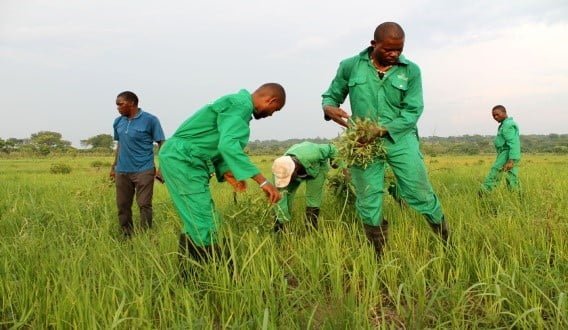
The study carried out in Ekiti and Kwara states that the increasing rate of unemployment and poverty is directly related to an increase among youths venturing into crime or risking their lives to illegally migrate to developed countries in search of better opportunities. Yet, growth in agriculture is closely linked to reducing poverty and, unemployment more than growth in other sectors of the economy.
While it is imperative to initiate youth-friendly programs and create awareness around opportunities that exist throughout the agriculture value chains, any policy that will contribute to increasing income for youths in agriculture should also promote non-farm activities, states Osabohien.
For a study aimed at determining the factors influencing youth agribusiness engagement and the impact of youth engagement in agribusiness on poverty reduction, results show that a large number of youths ventured into agribusiness due to lack of job opportunities, while some are engaged in agribusiness as their sole source of income.
As part of strategies to seek and enhance the understanding of the poverty reduction and employment impact, and the factors influencing youth engagement in agribusiness and rural farm and non-farm economy, the IITA-CARE project is working with 80 awardees across Africa who are researching into factors influencing youth engagement in agribusiness.


